It is the job of the average pet owner to make sure that their pet is well fed. This is a problem usually in cats who are known for being picky eaters. Apart from this, other factors may affect the cat, which could limit its need to eat.
Dental issues
Sick or painful teeth and gums, along with various other dental issues, can cause your cat to stop eating entirely. Cats can easily fracture their teeth or develop resorptive lesions. They may even lose teeth entirely, causing their gums to become inflamed and experience other dental issues which cause severe mouth pain.
Just like us humans, cats may not want to eat if their mouths have any sort of discomfort or pain. Usually, though, dental issues may be difficult to diagnose in a cat, especially at home. Bad breath, bleeding from the mouth, loose/broken teeth, and of course, the lack of general eating are signs of tooth problems. If you believe there is a problem, then it is time to visit a veterinarian to evaluate any potential problems in the cat.
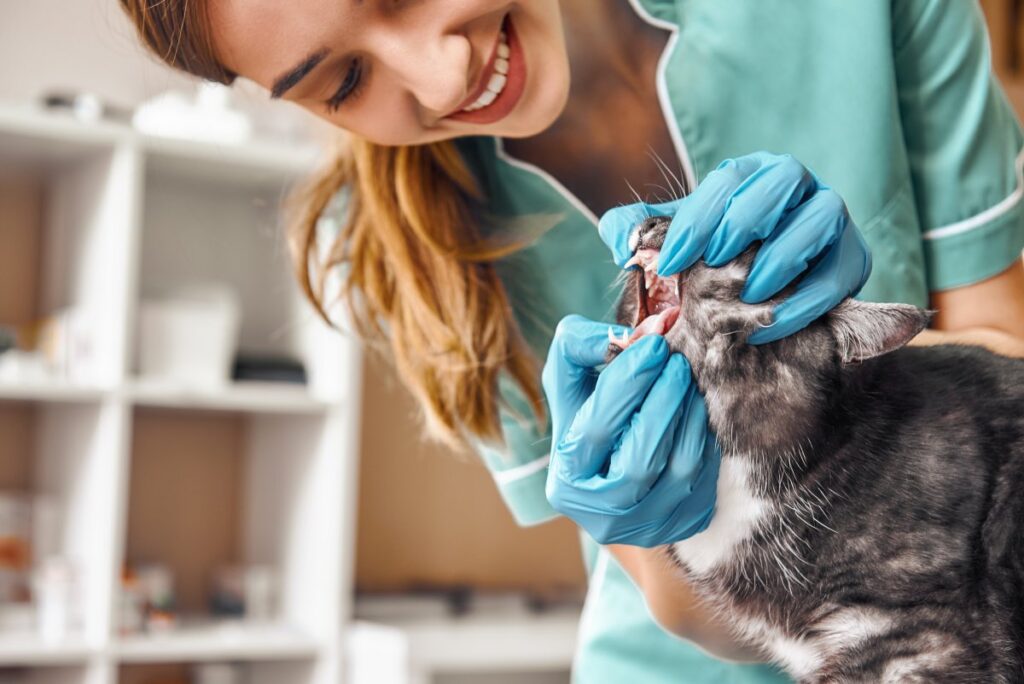
Foreign Bodies
Sometimes cats can be curious and eat something they should not have eaten. This may cause the development of hairballs that become stuck inside the stomach or intestines of the cat. This leads to an obstruction. This obstruction becomes a big problem as it does not let the food pass through the cat’s digestive tract. This may end up with your cat vomiting and avoiding food for quite some time.
Sometimes, these foreign bodies simply cause a bit of vomiting and diarrhea before killing the cat’s appetite before being passed out of the cat’s body. Other times, the blockage may not go away on its own, so a visit to the local veterinarian may reveal that your cat may require surgery to remove these obstructions. This will involve cutting the intestines of the cat once or multiple times to remove the blockage.
Digestive System disease
Vomiting does not only mean that it could be a blockage in the body. Vomiting is a shared symptom among multiple different problems, including a plethora of digestive system diseases. Problems with your cat’s stomach, intestines, and other digestive parts of the body may limit how much your cat would eat and sometimes even stop entirely.
Again, vomiting, diarrhea, and abdominal pain are signs of digestive diseases. Still, a decrease in appetite is always the first and most visible sign. Dozens of digestive system diseases could plague your cat; acid reflux, parasites, intestinal bacteria, and even tumors, to name a few. It is always good to visit a trained and professional vet to ensure nothing life-threatening happens to the cat.
Picky Eaters
Sometimes there is no problem at all. Sometimes cats are just very obnoxious and picky eaters. You can give them perfectly prepared food, and they will not eat it as they may simply not like it and are too proud or arrogant, to eat it. The texture and shape of the food matter a lot for cats. Cats will actively eat shapes they enjoy while avoiding shapes they do not like.
Some cats may enjoy crunchy food, while others only eat wet food. Sometimes the flavor also plays a significant role in this, with cats dropping food they have been eating for years just because the manufacturers changed the recipe or taste of the food. Other times, one should make sure they give their cat fresh or good food as cats will avoid eating spoiled food. Cats consider themselves your owners and demand only the best food for themselves; after all, cats were considered gods in ancient Egypt!
Environmental Factors
Cats tend to eat when they feel safe and comfortable. Changing a cat’s environment can lead to short-term loss of hunger simply because the cat does not feel safe or at home yet. This is not only when the cat is taken to a new location but occurs even when simply changing bowl locations of the cat.
Cats may like to eat in a certain room or spot and actively avoid food until they reach that spot. Other times, the cats are attached to the bowl itself and will not eat until they see food in their favorite bowl. Sometimes cats just like to eat alone. They may not enjoy or be comfortable with the company while eating and will lose their appetite when people are around.
Stress or Depression
Sometimes it’s just the feeling of the cat that makes them not want to eat. A cat under heavy amounts of stress or depression will not feel hungry. This is quite similar to humans, who display the same behavior when under stress or depression. As stated above, environmental factors also contribute to a cat’s appetite, and sometimes these factors can easily stress a cat out.
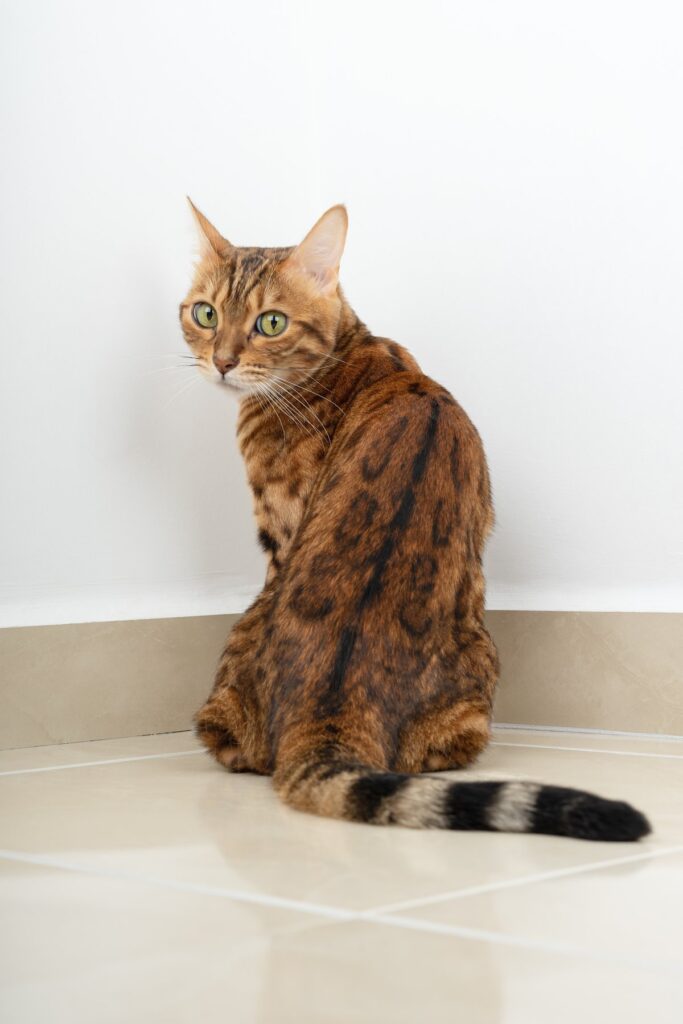
Changing the cat’s environment and moving it to a new location can make it feel uneasy, tense, and stressed, causing it to lose its will to eat. Other times it is an entry of a new entity in the environment which leads to this effect. Getting a new pet cat can make your old cat feel threatened and even jealous, causing them to not eat.
How to make your cat eat
Depending on why your cat stopped eating in the first place, you initiate steps to resolve these reasons and make sure your cat starts eating again. The fastest way to identify this problem is by visiting a trained professional who can root out the problem. If there is any medical reason why your cat is not eating, the vet will let you know. Helping your cats smell food can also help them eat.
A trip to a steamy bathhouse, yes with your cat, can open up their nasal cavities allowing their will to eat to spring into action when they smell food. You can also alter their food to a different brand the hopes they may like the other. Heating cold food can also make a difference.
There are multiple reasons why your cat could not be eating, and it is best to visit a veterinarian to identify the root cause and eliminate it.

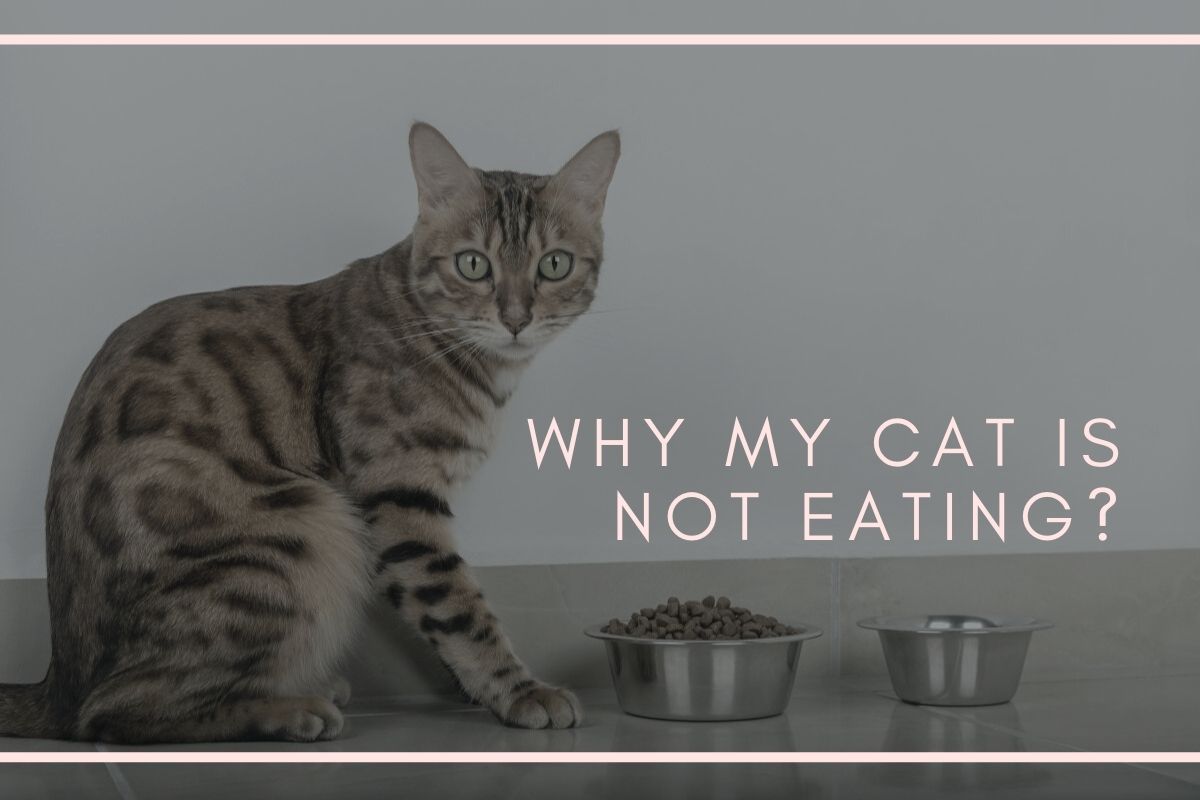
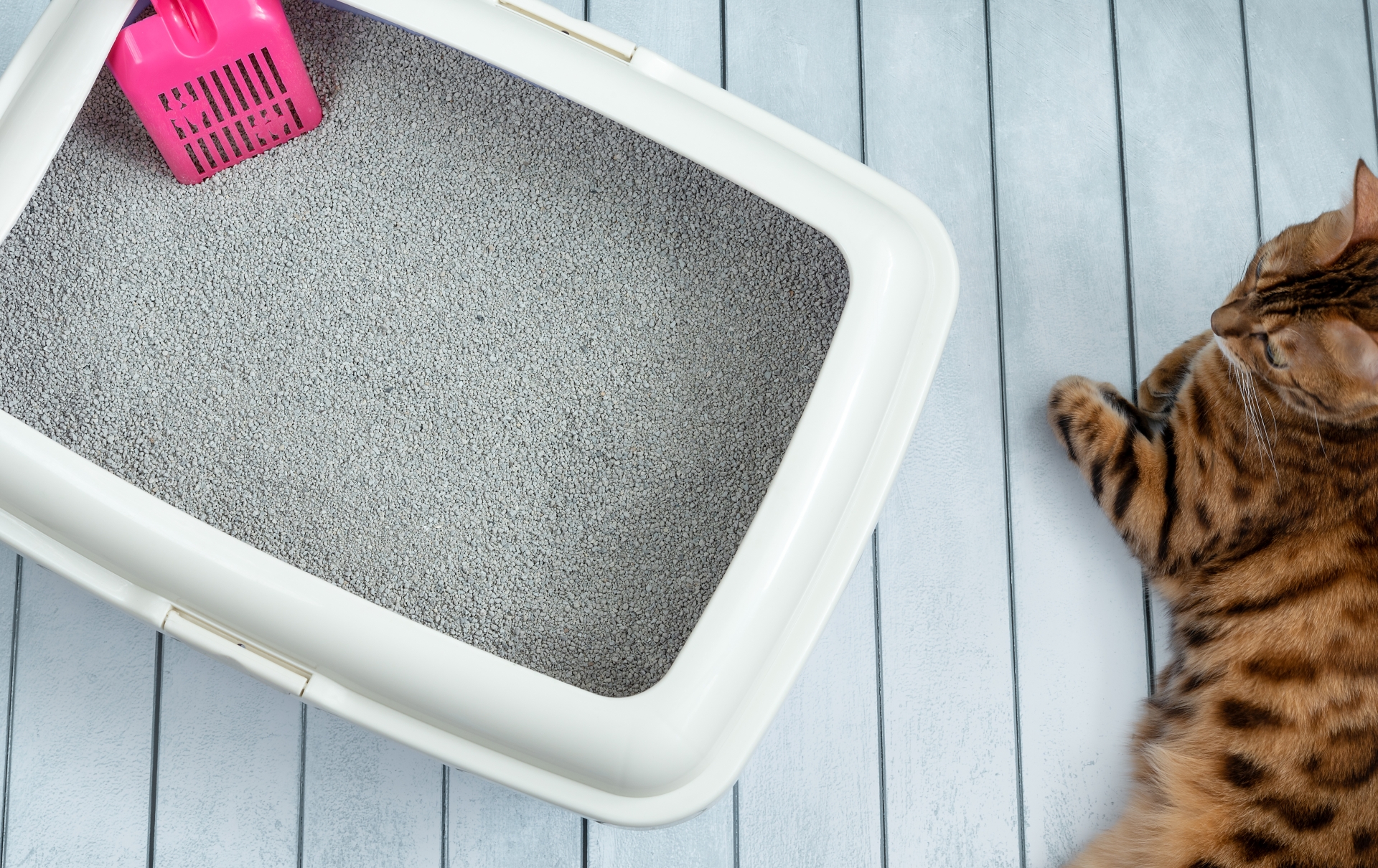
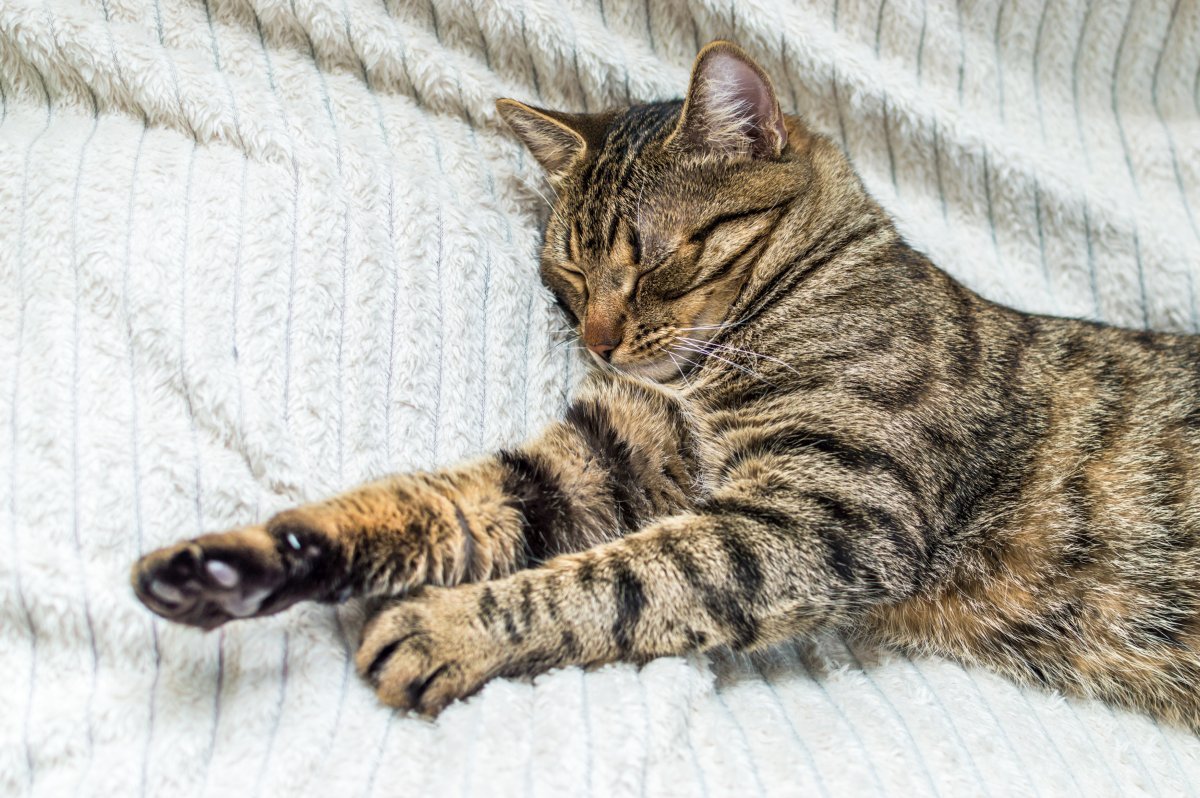
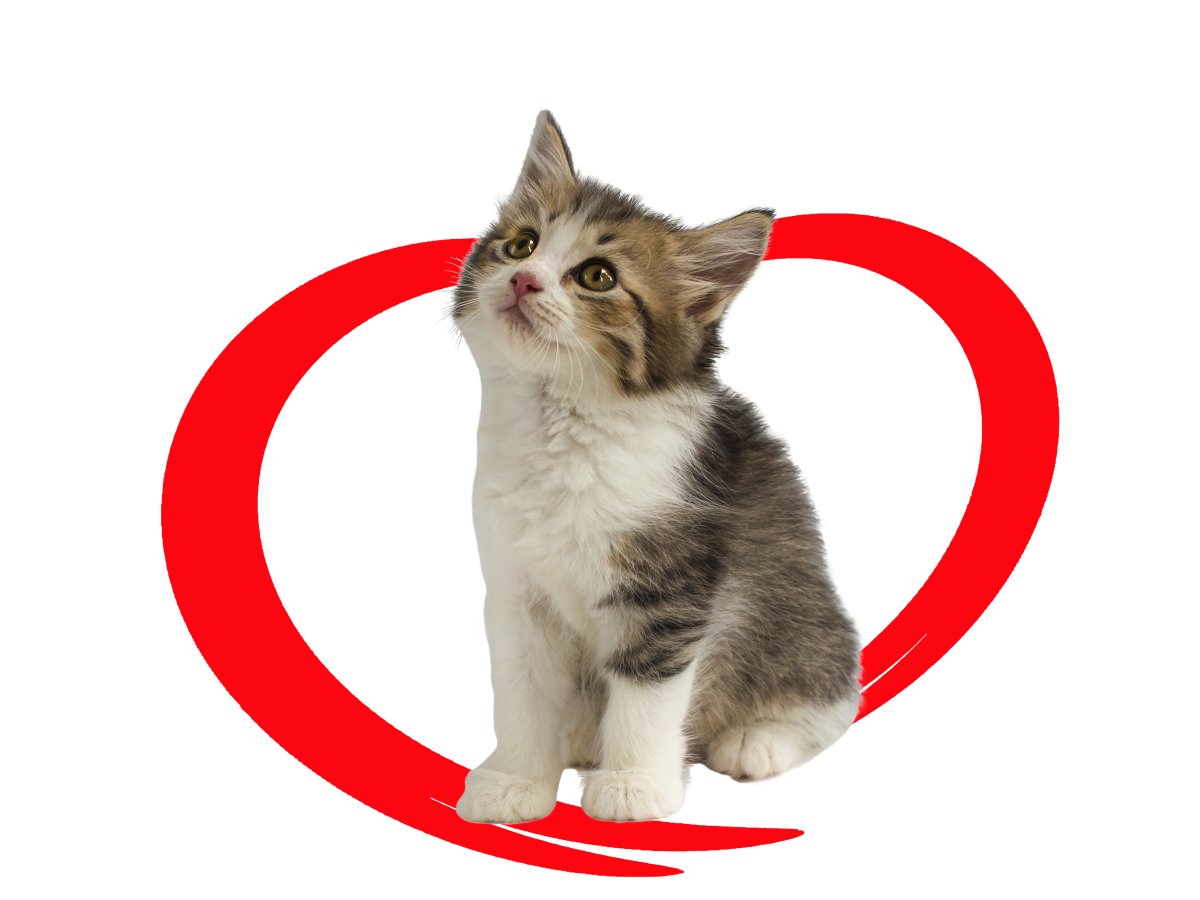
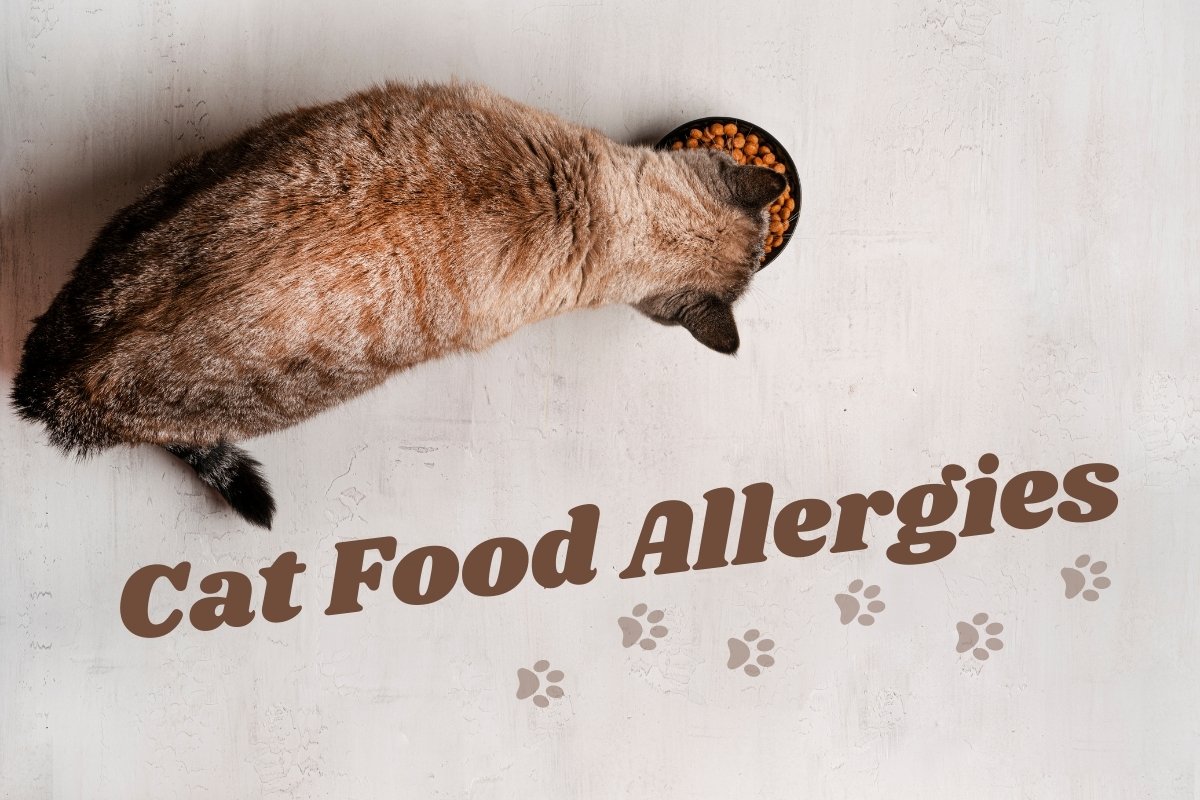
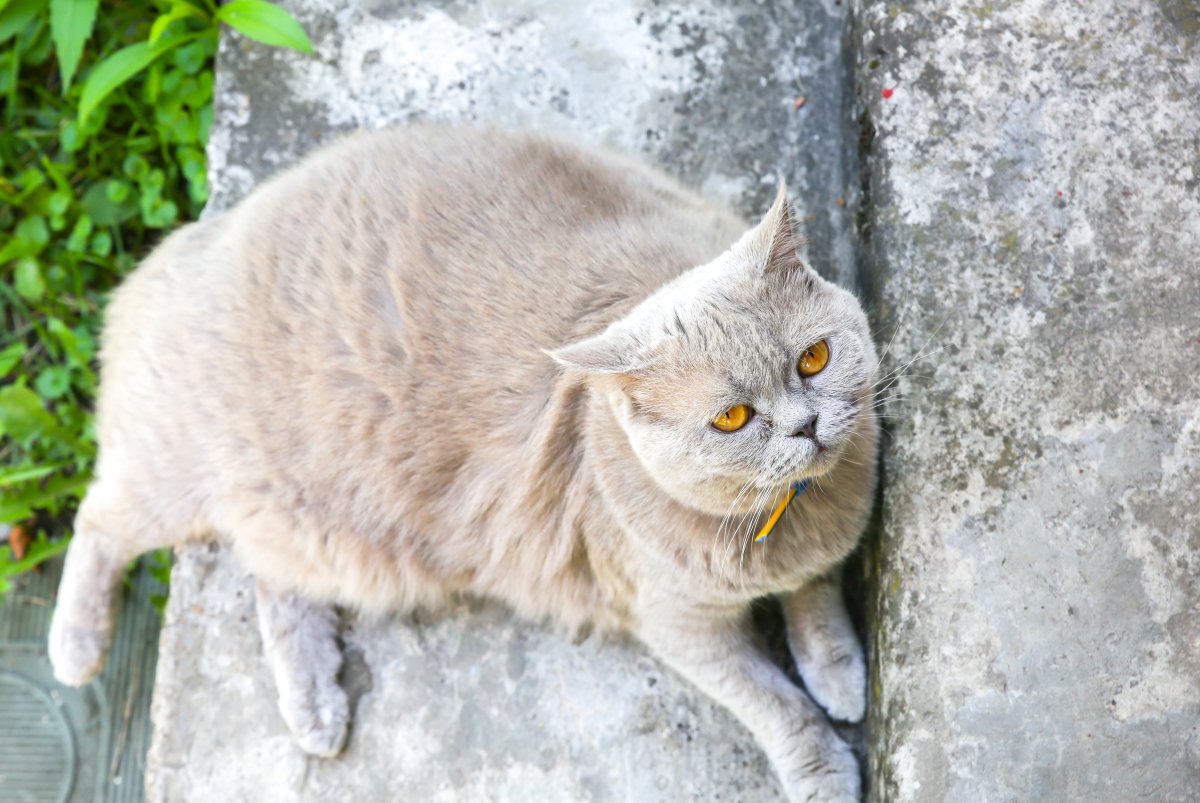
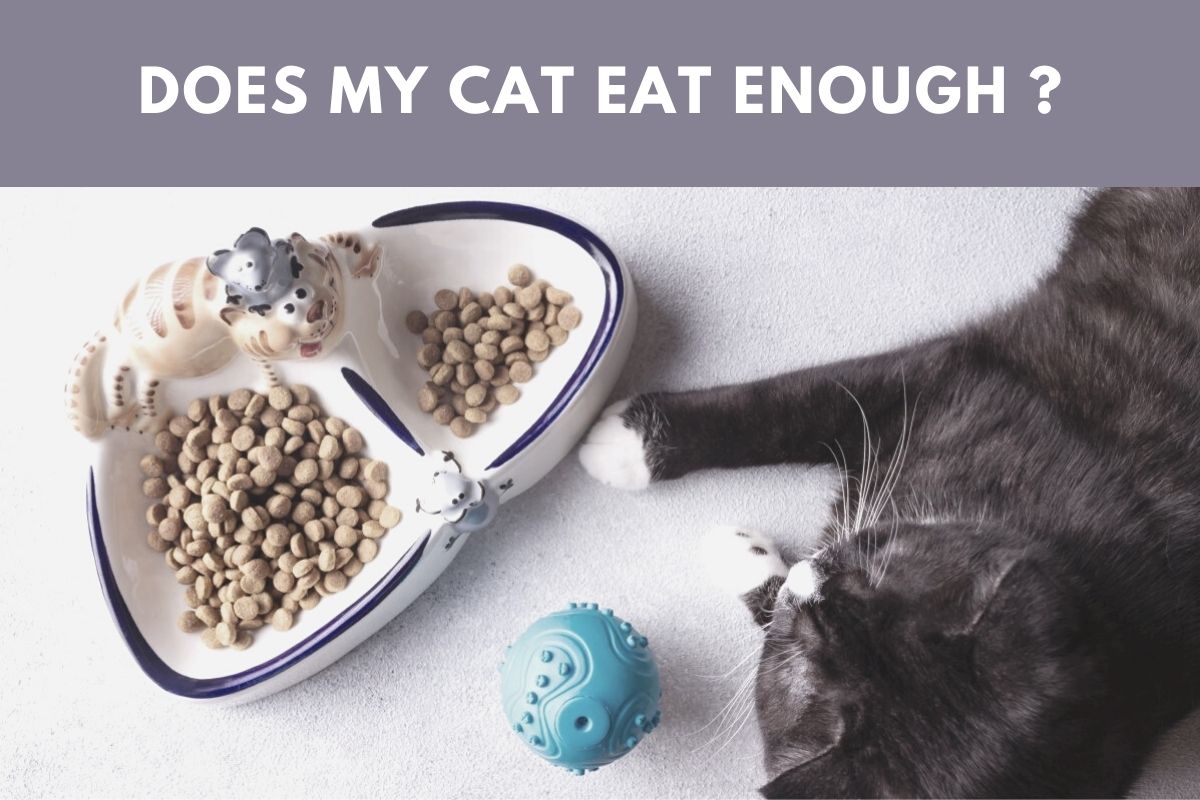
2 comments